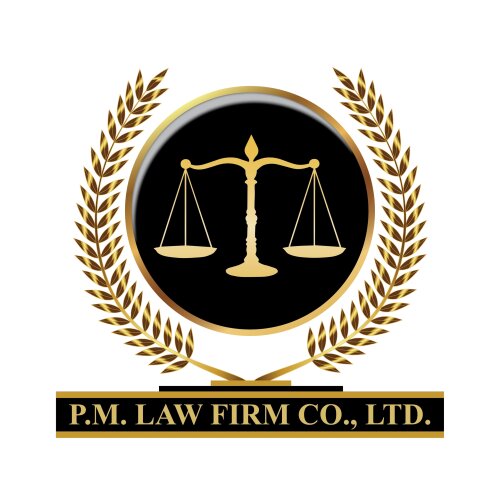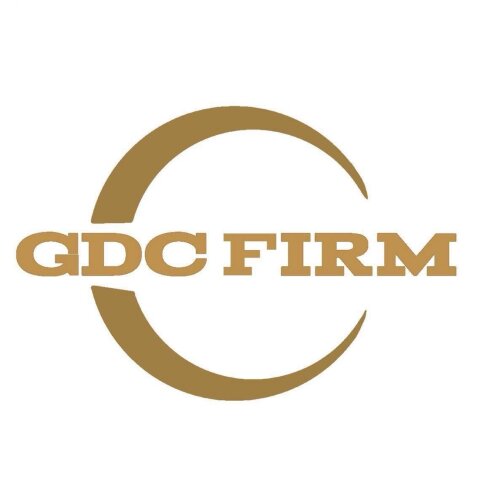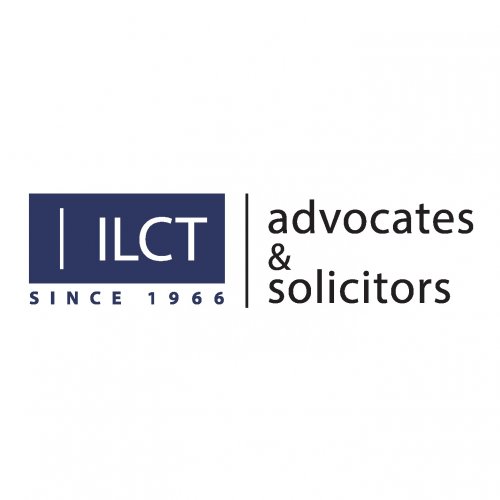About Renewable & Alternative Energy Law in Bangkok, Thailand
Renewable and alternative energy law in Bangkok, Thailand focuses on the rules and regulations that govern the use, development, and promotion of sustainable energy sources. These may include solar, wind, biomass, and hydropower, among others. As the capital and economic hub of Thailand, Bangkok is a major center for renewable energy investment and innovation. The Thai government has set clear policies to encourage the adoption of renewable energy, both to reduce dependence on fossil fuels and to promote environmental sustainability. As a result, there are specific legal frameworks and processes in place to help businesses and individuals navigate the growing landscape of clean energy projects in Bangkok.
Why You May Need a Lawyer
There are a number of situations in which seeking legal advice from a qualified lawyer is highly recommended when dealing with renewable and alternative energy in Bangkok. Common scenarios include:
- Starting a renewable energy business or joint venture
- Negotiating power purchase agreements or contracts with public or private partners
- Navigating complex permitting and licensing procedures for new projects
- Ensuring compliance with environmental impact assessments and local zoning regulations
- Handling disputes or litigation related to renewable energy projects
- Securing financing or government incentives for alternative energy investments
- Protecting intellectual property related to energy technology
- Advising on international transactions or cross-border legal issues involving renewable energy
- Managing risks related to land acquisition, government approvals, and community engagement
With the sector's evolving legal landscape, professional legal support can be essential for both new entrants and experienced industry players.
Local Laws Overview
Bangkok follows national-level laws and policies on renewable and alternative energy, but there are certain local regulations and procedures to be aware of. Some key aspects include:
- Thailand's Power Development Plan (PDP) - The PDP outlines the country's strategy for energy sourcing, with clear targets for increasing the share of renewables in the national energy mix.
- Renewable Energy Act and Related Guidelines - Laws and ministerial regulations set out requirements for licenses, incentives, and compliance for renewable projects.
- Licensing and Permitting - Projects typically require various approvals, including, but not limited to, environmental impact assessments, construction permits, and power generation licenses from the Energy Regulatory Commission and related agencies.
- Feed-in Tariffs and Incentives - Government programs offer financial incentives, such as feed-in tariffs and tax breaks, to promote certain renewable energy technologies.
- Zoning and Land Use - Local land use regulations can affect the location and size of renewable energy projects in Bangkok.
- Environmental Protection - Compliance with Thai environmental protection laws is critical, including waste management, water use, and emissions controls.
Navigating these and other legal requirements can be complex, making it important to consult with a lawyer who understands the renewable energy sector in Bangkok.
Frequently Asked Questions
What types of renewable energy projects are most common in Bangkok?
Solar energy projects, rooftop solar installations, and biomass-to-energy projects are the most common in Bangkok due to urban space constraints and abundant sunlight.
What permits do I need to start a renewable energy project in Bangkok?
You generally need site location approval, an environmental impact assessment, building and construction permits, and a power generation license from relevant authorities.
Is foreign investment allowed in Bangkok's renewable energy sector?
Yes, foreign investment is allowed but may be subject to certain restrictions under the Foreign Business Act, depending on the project structure and business activities.
Are there government incentives for renewable energy in Bangkok?
Yes, there are incentives such as feed-in tariffs, tax breaks, and grants available for certain types of renewable projects, as determined by Thai government programs.
How long does it take to get project approvals?
Timeframes vary based on project type and complexity, but most approvals can take several months to over a year due to multiple permitting stages.
What are the common legal risks in renewable energy projects?
Common risks include land use disputes, regulatory non-compliance, delays in approvals, changes in government policy, and contractual disputes.
How can I protect my intellectual property in energy technology?
Registration of patents, trademarks, or copyrights through the Department of Intellectual Property is recommended, along with carefully drafted confidentiality agreements.
Can I sell excess power generated from my solar panels?
In some cases, you can sell surplus electricity back to the grid, subject to program quotas, agreement terms, and technical capacity as regulated by the Energy Regulatory Commission.
Do I need a local partner to operate a renewable energy business?
Depending on the business structure and level of foreign ownership, partnering with a Thai entity may be necessary to comply with local regulations.
Where can I find updates about regulatory changes in renewable energy?
Updates are usually published by the Energy Policy and Planning Office, Energy Regulatory Commission, and other relevant government agencies.
Additional Resources
Here are some valuable organizations and governmental bodies that provide information, support, and regulation for renewable and alternative energy in Bangkok, Thailand:
- Ministry of Energy
- Energy Regulatory Commission (ERC)
- Energy Policy and Planning Office (EPPO)
- Department of Alternative Energy Development and Efficiency (DEDE)
- Board of Investment (BOI)
- Thai Renewable Energy Association
- Bangkok Metropolitan Administration (BMA) - Environmental and Urban Development departments
These organizations can provide guidance about licensing, incentives, regulations, and the latest industry developments.
Next Steps
If you require legal assistance with renewable or alternative energy matters in Bangkok, consider the following steps:
- Identify your specific legal needs, such as project permitting, regulatory compliance, or contract negotiation.
- Contact a reputable law firm or legal specialist with experience in Bangkok's renewable energy sector.
- Prepare all necessary documentation, business plans, and project details prior to your consultation.
- Discuss your project timeline, goals, and any challenges you anticipate with your legal advisor.
- Stay informed about new policies or regulatory changes that may impact your project or operations.
Working with a knowledgeable lawyer can help you navigate the complex regulatory environment, minimize risks, and maximize opportunities in Bangkok's dynamic renewable and alternative energy market.
Lawzana helps you find the best lawyers and law firms in Bangkok through a curated and pre-screened list of qualified legal professionals. Our platform offers rankings and detailed profiles of attorneys and law firms, allowing you to compare based on practice areas, including Renewable & Alternative Energy, experience, and client feedback.
Each profile includes a description of the firm's areas of practice, client reviews, team members and partners, year of establishment, spoken languages, office locations, contact information, social media presence, and any published articles or resources. Most firms on our platform speak English and are experienced in both local and international legal matters.
Get a quote from top-rated law firms in Bangkok, Thailand — quickly, securely, and without unnecessary hassle.
Disclaimer:
The information provided on this page is for general informational purposes only and does not constitute legal advice. While we strive to ensure the accuracy and relevance of the content, legal information may change over time, and interpretations of the law can vary. You should always consult with a qualified legal professional for advice specific to your situation.
We disclaim all liability for actions taken or not taken based on the content of this page. If you believe any information is incorrect or outdated, please contact us, and we will review and update it where appropriate.

















